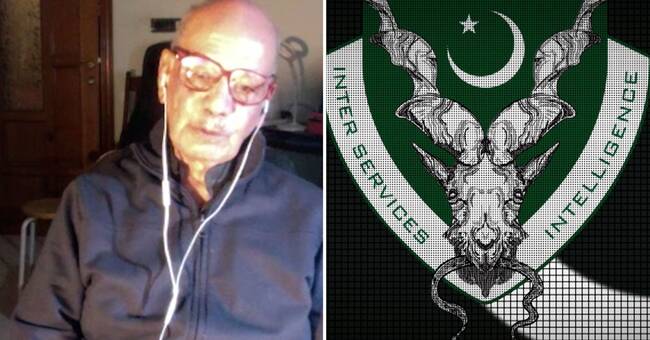The Pakistani intelligence service, ISI, has been called a state within the state and has been accused of planning a number of terrorist attacks, including in Bombay in 2008 when 175 people lost their lives.
The terrorist group Lashkar-e-Taiba, was behind the attack and one of the captured terrorists admitted that he was trained by ISI.
Asad Durrani was the head of ISI in the early 1990s and tells the Foreign Office that the intelligence service has never created terrorist groups, but that they can sometimes be a useful ally.
- We never start this type of group, but if you notice that there are groups that can be useful, such as resisting India in Kashmir or against the American occupation, then we can decide to cooperate with these groups.
Cooperation with the United States
Pakistan has officially supported the United States in the war on terror.
At the same time, it was near a Pakistani army base that Osama bin Laden stayed away.
Externally, the two countries are allies, but Durrani believes that they do not really trust each other.
- Our cooperation can best be described as an unhappy marriage.
Sometimes, if there are common interests, we share information with each other but most often we do not.
There is no trust.
Relations with the Taliban
A cooperation that seems to work better is that between ISI and the Afghan Taliban.
After the Taliban regained power, it was not long before the then ISI chief, Faiz Hameed, traveled to Kabul for an official visit.
The visit became controversial, but according to Asad Durrani, ISI has long had a good relationship with the Afghan Taliban.
- I think it is good that we have had a functioning relationship with the Taliban for the past twenty years.
We have always known that sooner or later they would succeed in expelling the United States.
Click on the clip to hear more from Asad Durrani and see more in the Foreign Office: The Taliban makers tonight on SVT play from 7.30 pm or on SVT2 9.45 pm.

